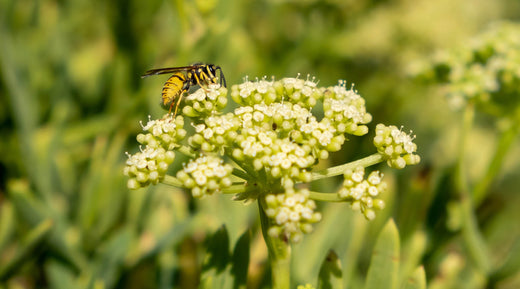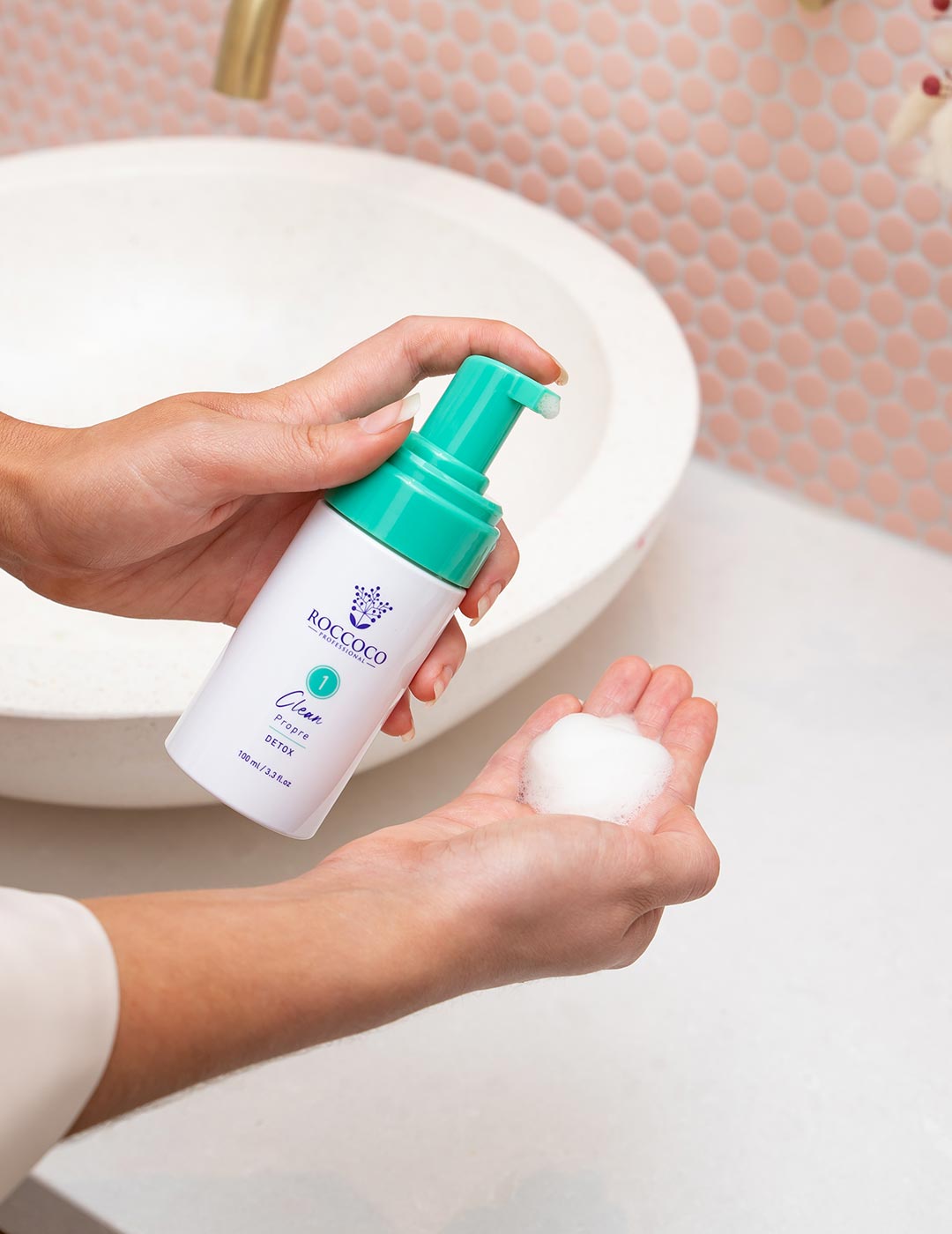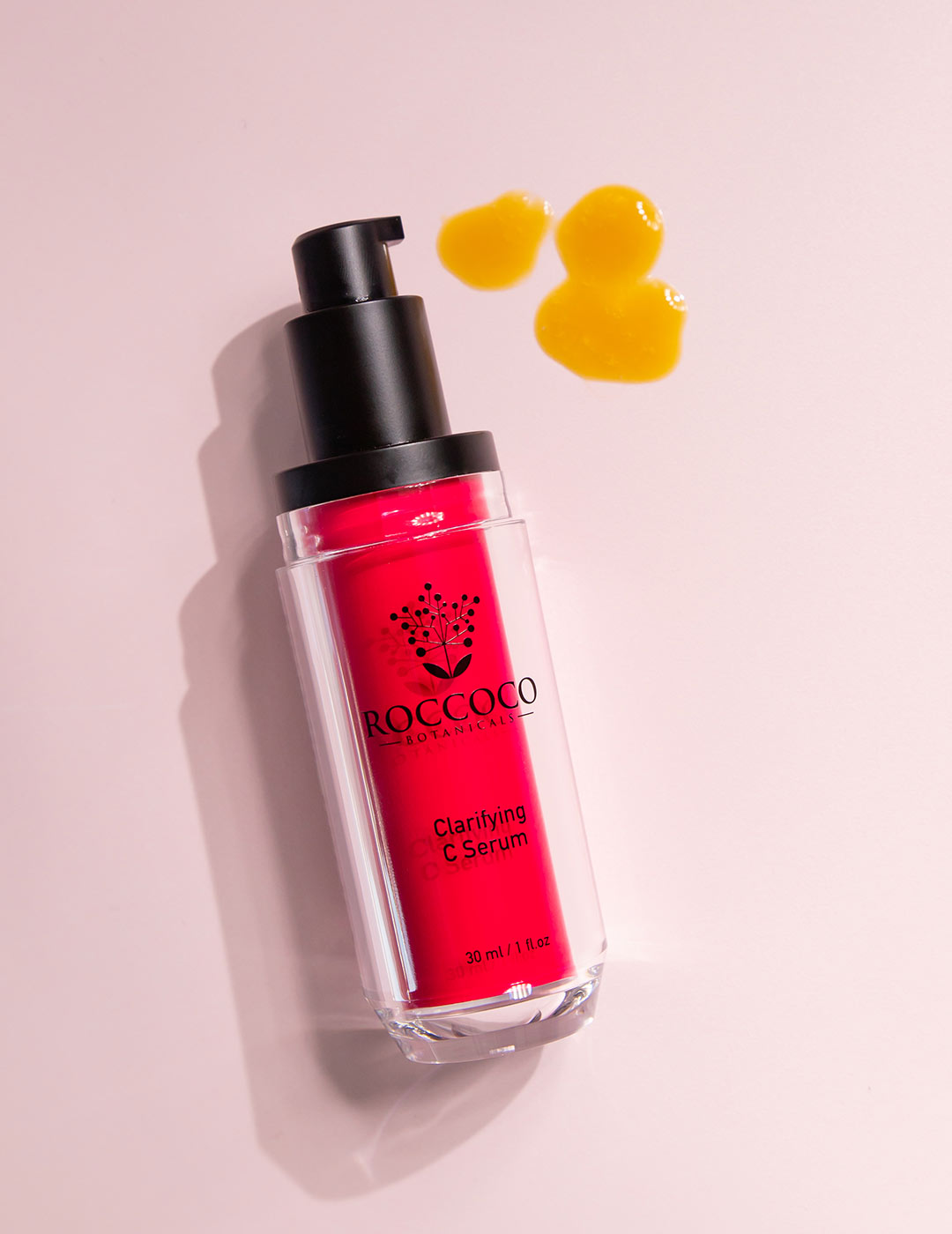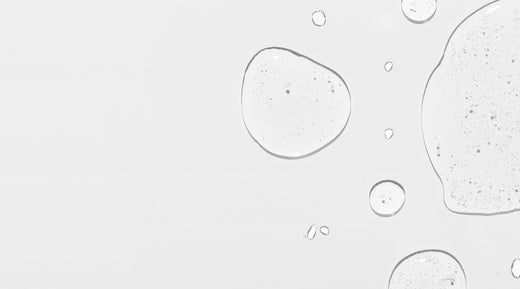When it comes to skincare, there are countless ingredients and products to choose from.
But one ingredient you should be paying attention to is Lactic acid.
Lactic acid is a type of alpha hydroxy acid (AHA) that offers numerous benefits for your skin.
From exfoliation to brightening and moisturizing, lactic acid can truly transform your skincare routine.
How Lactic Acid Benefits The Skin
Lactic acid is a gentle yet effective exfoliant, making it suitable for all skin types, including sensitive skin.
It works by breaking down the bonds between dead skin cells, allowing them to be easily sloughed away.
This exfoliation not only reveals fresher, smoother skin but also helps to unclog pores and prevent breakouts.
In addition to its exfoliating properties, lactic acid also has the ability to attract and retain moisture in the skin.
This makes it an excellent ingredient for those with dry or dehydrated skin.
By increasing the skin's hydration levels, lactic acid helps to plump up fine lines and wrinkles, giving you a more youthful appearance.

The Science Behind Lactic Acid And Its Exfoliating Properties
Lactic acid works by lowering the pH of the skin, which in turn increases the turnover of skin cells.
This increased cell turnover helps to remove dead skin cells more efficiently, revealing the fresh, radiant skin underneath.
Lactic acid also stimulates the production of collagen and elastin, two proteins that are essential for maintaining the skin's elasticity and firmness.
Unlike other AHAs, such as glycolic acid, lactic acid has larger molecules. This means that it penetrates the skin more slowly, resulting in a gentler exfoliation.
This makes lactic acid an ideal choice for those with sensitive or easily irritated skin.
It also means that lactic acid is less likely to cause redness or peeling, making it suitable for regular use.
Lactic Acid Vs. Other Alpha Hydroxy Acids (AHAs)
While lactic acid is an effective AHA, it's important to understand how it differs from other AHAs, such as glycolic acid.
One key difference is the size of the molecules.
As mentioned earlier, lactic acid has larger molecules than glycolic acid, which means it penetrates the skin more slowly and provides a gentler exfoliation.
Another difference is the pH level. Lactic acid has a higher pH than glycolic acid, making it less likely to cause irritation.
This makes lactic acid a better option for those with sensitive skin or those who are new to using AHAs.
Incorporating lactic acid into your skincare routine
The easiest way is to look for skincare products that contain lactic acid as one of the main ingredients. These can include cleansers, toners, serums, and moisturizers.
When starting with lactic acid, it's important to introduce it slowly into your routine.
Begin by using it once or twice a week and gradually increase the frequency as your skin adjusts.
It's also important to follow the instructions on the product packaging and avoid using lactic acid in conjunction with other exfoliating poducts, as this can cause irritation.
Lactic acid is a powerhouse ingredient that offers numerous benefits for your skin. From exfoliating and brightening to moisturizing and reducing the signs of aging, lactic acid can truly transform your skincare routine.
Whether you have dry, sensitive, or acne-prone skin, incorporating lactic acid into your skincare routine can help you achieve a healthier, more radiant complexion.
Our Midnight Crystal Sheet Mask harnesses the power of lacti acid, while also helping retain moisture in the skin. This makes it the perfect mask to brighten, exfoliate and nourish the skin - for a mini at-home facial that leaves the skin looking and feeling its best.
Try it for yourself!

Read more
When looking for the perfect cleanser, there are so many ingredients to choose from and consider. One ingredient that has been gaining attention for its remarkable benefits is hibiscus flower acid...

The Pink Crithmum Maritimum, also known as sea fennel, is a remarkable plant that offers numerous benefits for your skin. Derived from the Mediterranean coastal regions, this flowering succulent ...



